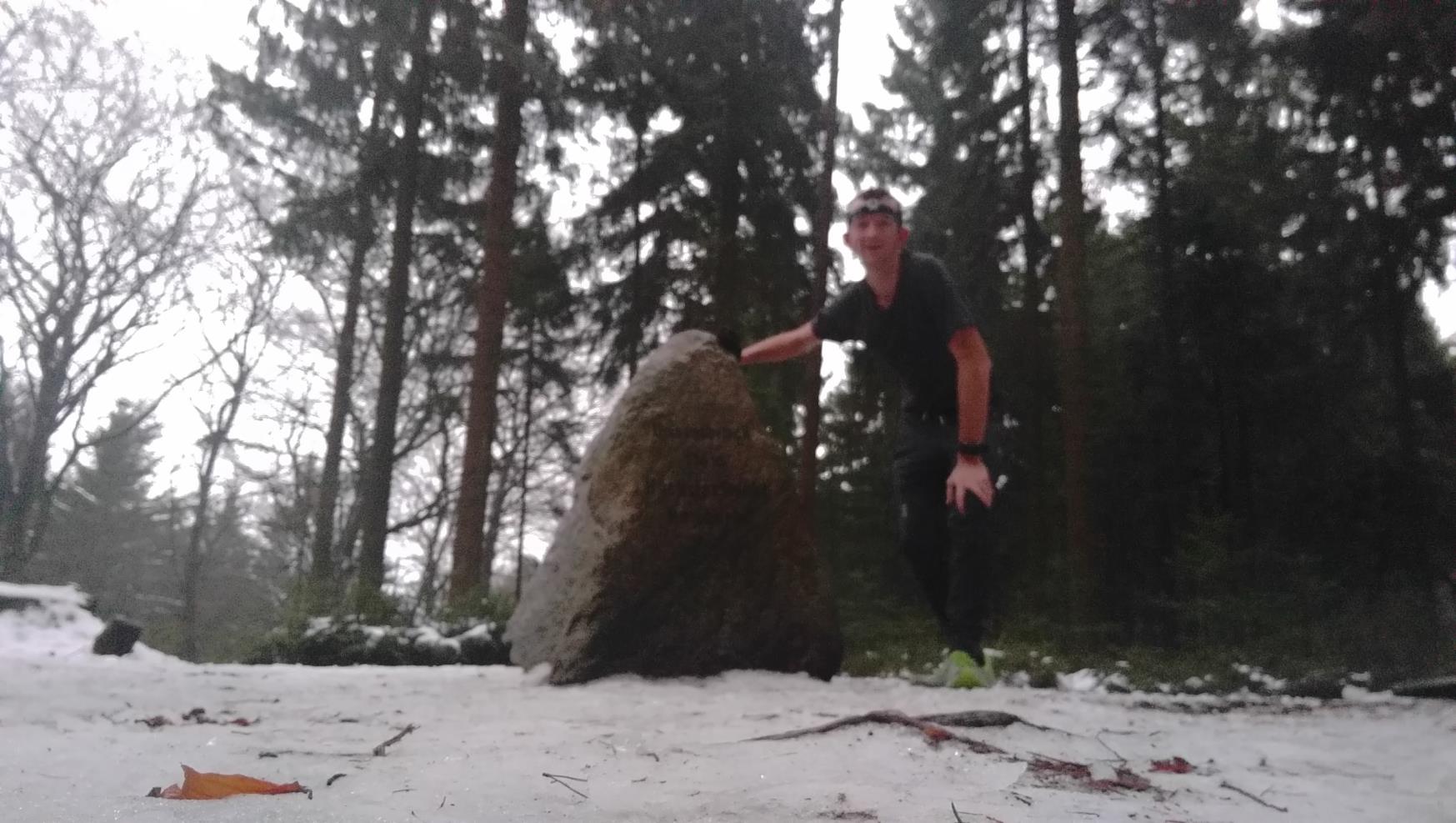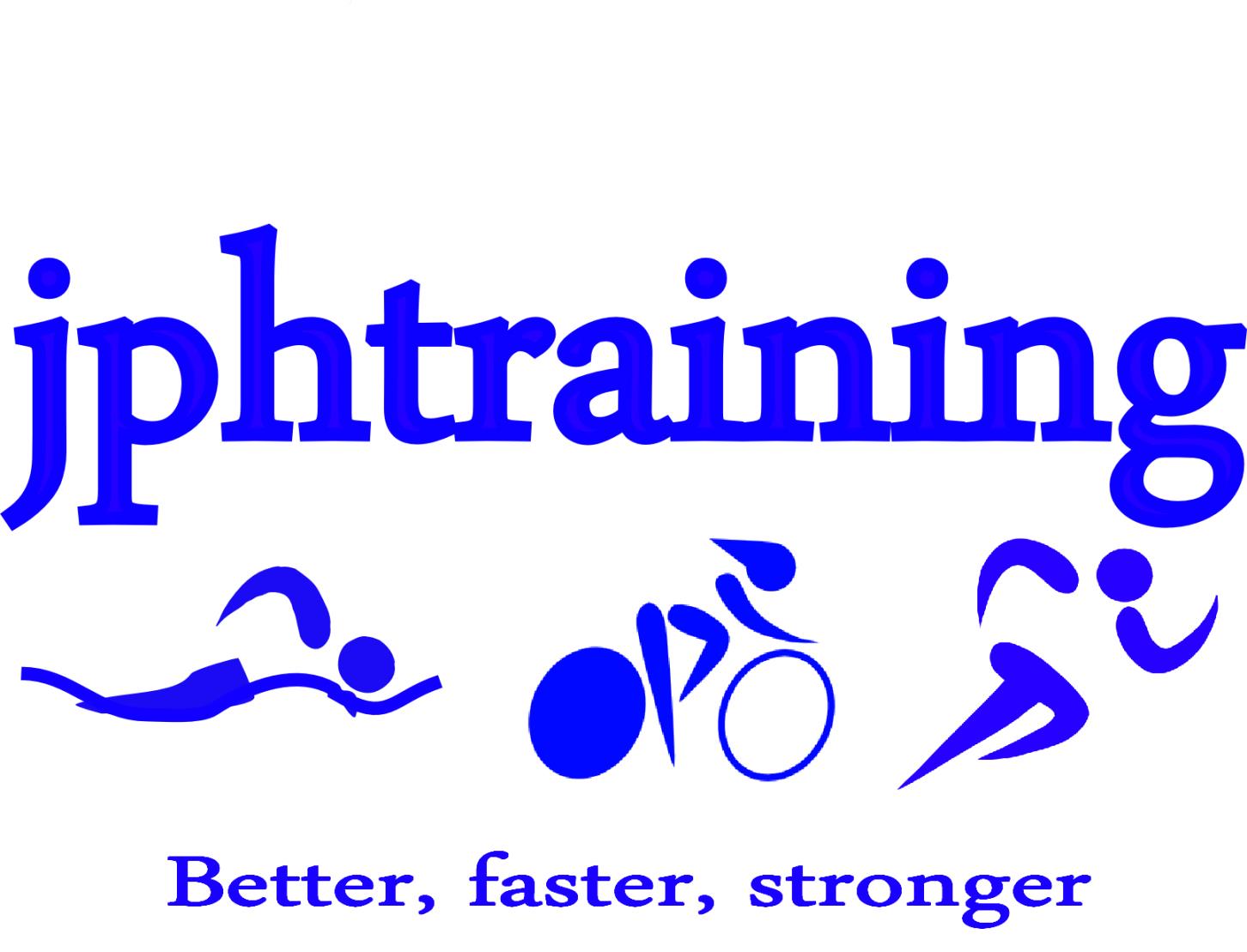Listen to your body and survive winter.
Energy Levels, February 15, 2018
Do you know what your perceived effort levels are for your training zones. If you can learn them and pay attention to them over the winter period you can come out of winter better.
In 2015 I wrote the following:
Sometimes in a build up to an event we don't listen to our bodies enough and keep training despite our body feeling run down because we fear failing at our event. Whether it is because of fatigue, illness or injury our body is trying to tell us something. LISTEN! This afternoon I had a 32km run planned and I never got into my rhythm and felt heavy,as things went on it didn't get much worse,but it wasn't getting any better,so now just after the halfway mark I'm sitting in a train instead of getting slower and even more tired. Harder doesn't always equal stronger, better,faster! Train smarter and reap the rewards on race day.
Preparing for an endurance event is always a case of juggling the extra training load, sleep, stress, prehabilitation, and recovery. When you throw it the added stresses of training through winter this can be a case of one thing too many.
The lack of daylight, less Vitamin D due to the Sun being lower, the colder weather making your body work harder than usual, the bad conditions underfoot, and also the constant temperature change from being out in the cold and then overdressed and too warm in shops, cars, or public transport mean that there are a lot of factors that affect us and our general health.
To make a training program more effective you are not only going to have to rely on your information from your GPS unit or Training peaks you are going to have to learn how to listen to your body.
Sometimes due to these external factors it is possible to have one day where everything feels ten times harder than the last time you did a similar session. The fact is that is well and truly could be harder. Then you are better off forgetting about speed and training off you perceived effort. Your aerobic runs should always feel the same, and your marathon race effort should always feel the same. However, your pace will increase as you get fitter, have more sleep , eat better, or experience better weather.
Therefore, it is important to know your body. Don't be a slave a looking at your pace or your heart rate. Learn what a pace feels like that you can hold for 5, 10, 20, 40, 60, 120, or 180 minutes. If you are planning on running further than 40 minutes, but it feels like 40 Minute pace back it off.
Beating yourself up everytime is not going to result in a huge jump in ability. It will just result in fatigue. Never forget that consistancy is the key.
However, your quest for consistancy should not result in you ignoring your body and getting sick or run down. Your body is saying stop for a reason. In 2015 my legs did not miss that 15km that they missed out on.

